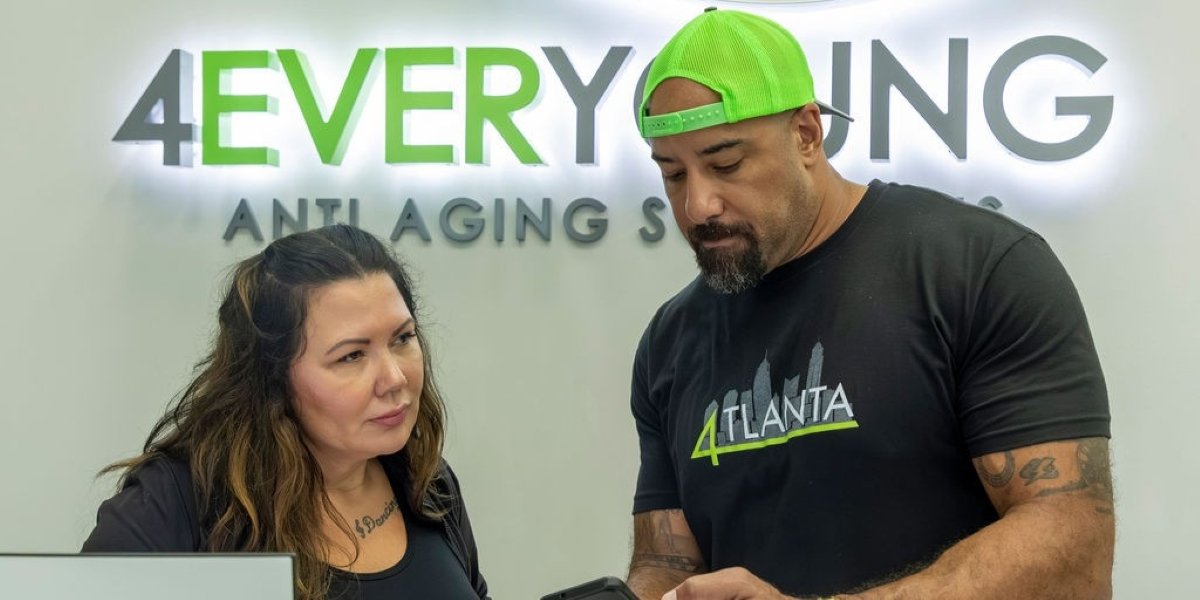What is Leadership Training?
Leadership training refers to programs and activities designed to improve leadership skills and abilities. These programs can take various forms, including workshops, seminars, and executive coaching sessions. The goal is to equip individuals with the tools and knowledge they need to lead effectively, inspire their teams, and drive organizational success.
Read also: Mastering the Art of Music Production: A Comprehensive Guide for Beginners and Pros
How Do Leadership Workshops Help Develop Skills?
Leadership workshops are interactive sessions that focus on specific aspects of leadership, such as communication, decision-making, and conflict resolution. These workshops often involve group activities, role-playing, and discussions to provide hands-on experience and practical insights.
Workshops are beneficial because they allow participants to practice new skills in a supportive environment. For example, a workshop on effective communication might include exercises where participants practice active listening and giving constructive feedback. These activities help solidify learning and make it easier to apply new techniques in real-world situations.
Moreover, workshops provide a space for leaders to learn from each other. Sharing experiences and solutions to common challenges can be incredibly valuable. This collaborative learning environment fosters a sense of community and support among participants, which can be beneficial long after the workshop ends.
What is Executive Coaching, and Why is it Important?
Executive coaching is a personalized development process where a coach works one-on-one with a leader to enhance their skills and performance. Unlike group workshops, coaching is tailored to the individual’s specific needs and goals. This personalized approach makes executive coaching particularly effective.
An executive coach helps leaders identify their strengths and weaknesses, set goals, and develop strategies to achieve them. For instance, if a leader struggles with delegating tasks, a coach might work with them to build trust in their team and develop delegation skills. The coach provides feedback, accountability, and support throughout the process.
Executive coaching is important because it addresses the unique challenges that leaders face. It offers a safe space for leaders to discuss their difficulties and receive unbiased, professional guidance. This can lead to significant improvements in confidence, decision-making, and overall leadership effectiveness.
Why Should Organizations Invest in Leadership Training?
Investing in leadership training is beneficial for organizations for several reasons. First, effective leaders drive organizational success. They inspire their teams, foster a positive work environment, and make strategic decisions that propel the organization forward.
Second, leadership training can improve employee satisfaction and retention. When leaders are well-trained, they are better equipped to support and develop their teams. This creates a more engaging and supportive workplace, which can reduce turnover and attract top talent.
Additionally, leadership training prepares organizations for the future. By developing a strong pipeline of capable leaders, organizations ensure they are ready to face new challenges and seize opportunities as they arise. This proactive approach to leadership development can give organizations a competitive edge.
How Can You Choose the Right Leadership Training Program?
Choosing the right leadership training program involves several considerations. Here are some tips to help you make an informed decision:
- Assess Your Needs: Identify the specific skills and areas of improvement you or your leaders need. This will help you select a program that aligns with your goals.
- Research Programs: Look for programs that have a good reputation and positive reviews. Consider the credentials and experience of the trainers or coaches.
- Evaluate the Format: Decide whether you prefer group workshops, one-on-one coaching, or a combination of both. Consider your learning style and what format will be most effective for you.
- Check for Customization: Some programs offer customized training that addresses your specific challenges and goals. This can be more effective than generic programs.
- Consider the Cost: While leadership training is an investment, it’s important to consider your budget. Look for programs that offer good value for money.
What are the Benefits of Ongoing Leadership Development?
Ongoing leadership development ensures that leaders continue to grow and adapt to new challenges. The benefits include:
- Continuous Improvement: Regular training and coaching help leaders stay up-to-date with the latest best practices and leadership trends. This continuous improvement is essential in a rapidly changing business environment.
- Adaptability: Leaders who engage in ongoing development are better equipped to handle change. They can adapt their strategies and approaches to meet new demands and opportunities.
- Enhanced Skills: Ongoing training helps leaders refine their skills and develop new ones. This makes them more effective in their roles and better able to support their teams.
- Increased Confidence: As leaders build their skills and knowledge, their confidence grows. This confidence translates into better decision-making and stronger leadership.
- Long-Term Success: Investing in leadership development sets the stage for long-term success. Well-trained leaders can navigate challenges, inspire their teams, and drive the organization toward its goals.
Leadership training, through workshops and executive coaching, plays a crucial role in developing effective leaders. By investing in leadership development, organizations can enhance their leaders’ skills, improve employee satisfaction, and prepare for future challenges. Whether through group workshops or personalized coaching, ongoing leadership development is key to achieving sustained success.











